#eco socialism
Text
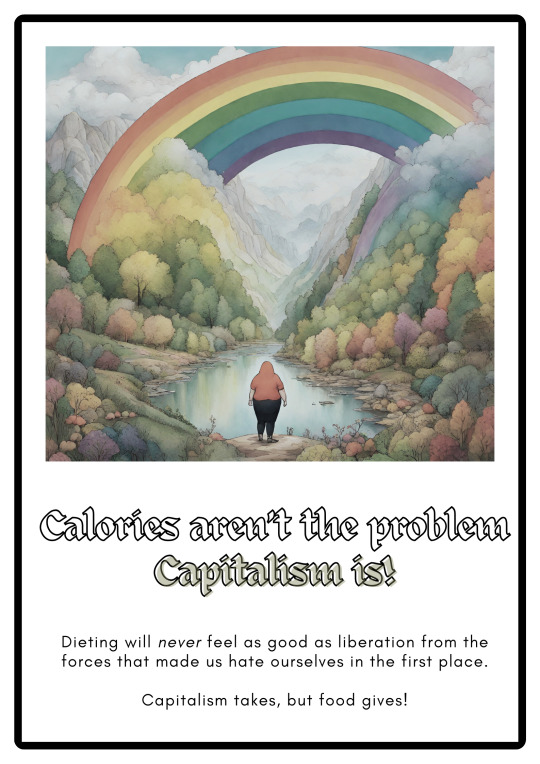
#poster#design#wip#fat liberation#body liberation#queers for fat liberation#body positivity#fat is beautiful#fat is not a bad word#capitalism#capitalism kills#2023#eco socialism#marxism#class conciousness#environmentalism#fat acceptance#fat rights#anti diet
54 notes
·
View notes
Text
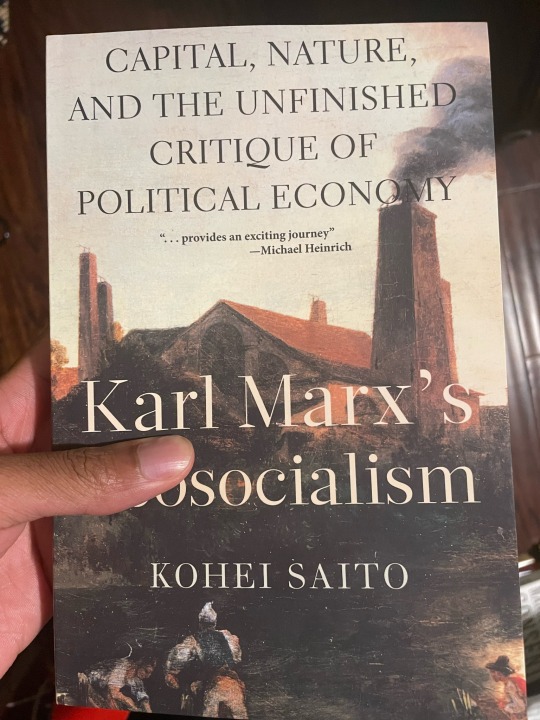
Capital, Nature, and the Unfinished Critique of Political Economy by. Kohei Saito
I’ve been waiting on this book for a minute and I’m incredibly excited to get into it - as well as Saito’s next book Capital in the Anthropocene.
18 notes
·
View notes
Text
Although there is a long history of denouncing Marx for a lack of ecological concern, it is now abundantly clear, after decades of debate, that this does not at all fit with the evidence. On the contrary, as the Italian geographer Massimo Quaini has observed, "Marx ... denounced the spoilation of nature before modern Bourgeois ecological conscious was born". From the start, Marx's notion of the alienation of human labor was connected to an understanding of the alienation of human beings from nature. It was this two-fold alienation which, above all, needed to be explained historically.
Hence, even many of Marx's most virulent critics have been forced to admit of late that his work contains numerous, remarkable ecological insights. Rather than simply condemning him out of hand in this respect, six closely connected arguments are now commonly employed by critics. First, Marx's ecological statements are dismissed as "Illuminating asides" the that have no systematic relation to the main body of his work. Second, these ecological insights are said to arise disproportionately from his early critique of alienation, and are much less evidence in his later work. Third, Marx, we are told, ultimately failed to address the exploitation of nature (neglecting to incorporate it into his value theory), and adopted instead a "Promethean" (pro-technological, anti-ecological) view. Fourth, as a corollary to the "Promethean" argument, it is contended that, and Marx's view, capitalist technology and economic development has solved all problems with ecological limits, and that the future society of associated producers would exist under conditions of abundance. It would not be necessary there for, as economist Alec Nove writes, supposedly conveying Marx's logic, "to take seriously the problem of the allocation of scarce resources" or the develop an "ecologically conscious" Socialism. Fifth, Marx is said to have taken the little interest in issues of science or in the effects of Technology on the environment and hence had no real scientific basis for the analysis of ecological issues. According to prominent British sociologists Michael Redclift and Graham Woodgate, Marx suggested that human interactions with the natural environment, while social, were also "ubiquitous and unchanging, common to each phase of social existence.... Such a perspective does not fully acknowledge the role of technology and its effects on the environment." Sixth, Marx is said to have been "specieist", radically disconnecting human beings from animals, and taking sides with the former over the latter.
All these criticisms are flatly contradicted by the analysis that follows in this book which attempts to systematic reconstruction of Marx's ecological thought. Many of these criticisms confuse Marx with other socialist theorists who Marx himself criticized, following a long established tradition in Mark's criticism whereby, to quote Jean-Paul Sartre, "an 'anti-marxist' argument is only the rejuvenation of a pre-marxist idea". Hence, Marx is attacked for his supposed technological prometheanism quote even though the strongest attack ever written against such "Promethean" views was leveled by Marx himself, and his critique of Proudhons system of economical conditions. Similarly, Marx is condemned for failing to recognize Nature's contribution to wealth, even though he sharply criticized the German socialist Ferdinand LaSalle for adopting the "supernatural" view that labor was the sole source of wealth, and for thus ignoring Nature's contribution.
More fundamentally, however, what is being questioned in most of these criticism is Marx's materialism. Here Marx says materialism is said to have led him to emphasize a kind of "Baconian" domination of Nature and economic development, rather than asserting ecological values. Thus Marx becomes a kind of radical whig opposed to the nature worshiping tories, a representative of utilitarian anthropocentrism as opposed to romantic ecocentrism. The problem with this criticism, like so much of contemporary socioeconomic thought, is that it fails to recognize the fundamental nature of the interaction between human beings and their environment. The ecological question is reduced first and foremost to one of values, while the much more difficult issue of understanding the evolving material interrelations (what Marx called "metabolic relations") between human beings and nature is there by missed all together. From a consistent materialist standpoint, the question is not one of anthropocentrism versus ecocentrism --- indeed such dualisms do little to help us understand the real, continuously changing material conditions of human existence within the biosphere --- but rather one of co-evolution.
Approaches that focus simply on ecological values, like philosophical idealism and spiritualism more generally, are of little help and understanding these complex relations. In contrast to all such views, which "descend from Heaven to Earth," it is necessary to "ascend from Earth to heaven." That is, we must understand how spiritual conceptions, including our spiritual connections to the earth, are related to our material, earthly conditions.
- Marx's Ecology: Materialism and Nature by John Bellamy Foster
#John Bellamy Foster#Karl Marx#marxism#socialism#ecosocialism#eco socialism#solar punk#solarpunk#ecology#anti capitalism#Marx's Ecology#communalism#communism#anti imperialism#anti-imperialism
11 notes
·
View notes
Text
#eco socialism#ecosocialism#politics#socialism#socialist#leftist#leftism#climate justice#climate crisis#rob pyne
18 notes
·
View notes
Text
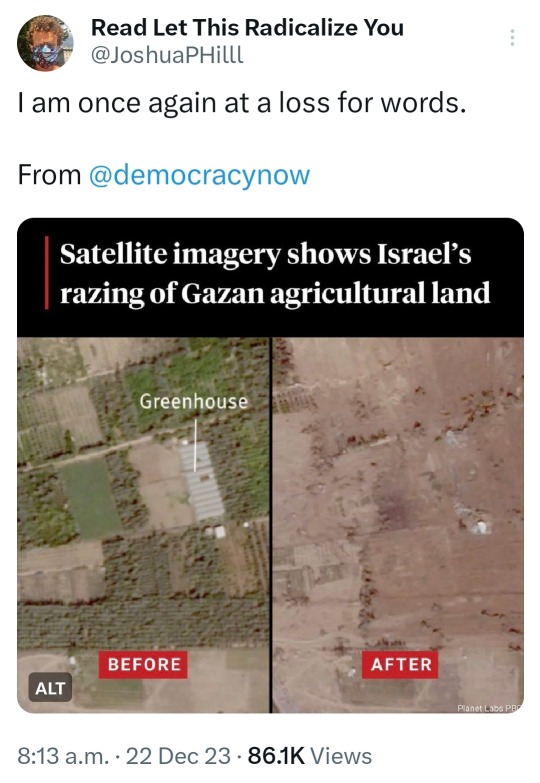
I am once again at a loss for words. From @/ democracynow [@/ JoshuaPHill on X. 12/22/23.]
[Image description: "Satellite imagery shows Israel's razing of Gaza agricultural land." A 'before' picture shows an aerial picture of lush green fields and areas of healthy crops, as well as the location of a greenhouse. An 'after,' photo shows an aerial view of a completely desolate land -there are no crops, no greenhouse, and no greenery.]
#social justice#free palestine#freepalastine🇵🇸#palestine#free gaza#gaza#gaza strikes#gazaunderattack#gaza strip#climate justice#environment#colonialism#colonial violence#settler colonialism#settler violence#ceasefire now#ceasefire#end the occupation#end the genocide#eco terrorism
21K notes
·
View notes
Text
Horrible fact of the day: Chevron just released a new boat fuel that WILL give you cancer.
Not "might", not "could", WILL. It has a cancer ratio of 1.3:1, as in, in a group of 10 people, 10 would contract CANCER.
(Edit: apparently some articles are now saying 1.4:1, and some are saying a little under that. Either way, the consensus seems to be anywhere between a 95-100+% of contracting cancer, with some expectations of this fuel not even needing a full lifetime of exposure for you to get Cancer.)
The EPA's safety limit is 1:1,000,000 as in 1 in a million people get cancer.
The EPA approved it anyways. I am not joking. The EPA approved a boat fuel that has a near 100% chance of giving someone cancer. It has such a good chance of giving someone cancer that if you DIDN'T get cancer YOU WOULD BE AN OUTLIER.
Fuck the oil industries.
Edit: If you find this (rightfully) horrifying, have you considered industrial sabotage? /hj
This isn't something we can vote away. This isn't something the rich are gonna apologize and make a 10 minute apology video for this. They don't care if you starve or wither in hospitals or get blown up in their wars.
If you don't know where to get started:
If you already know what to do, then it's time to do it. Participate in mutual aid, raise awareness in real life as well as online, participate in or train in self defense and emergency medical training classes.
#anarchy#chevron#fuel#oil#news#health#healthcare#cancer#research#anarchism#leftism#anarchist#leftist#communist#socialism#socialist#eco#green#earth
33K notes
·
View notes
Text
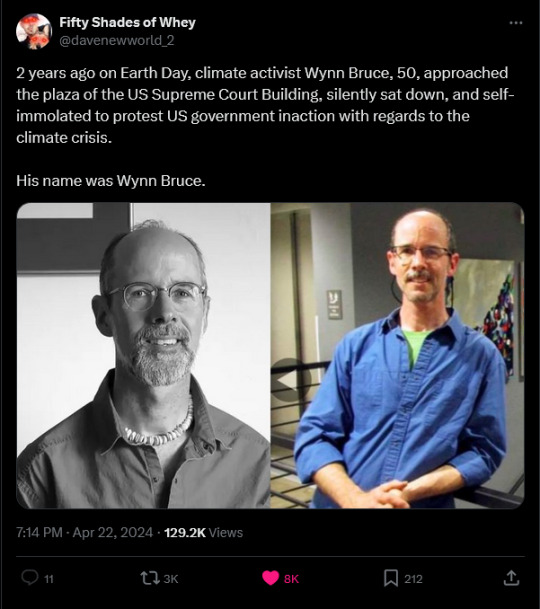
#earth day#leftism#socialism#communism#anti capitalism#anarchy#ecosystem#environment#ecology#eco#save the planet#go green#save the earth#recycle#april 22#save the bees#twitter x#save the children
237 notes
·
View notes
Text
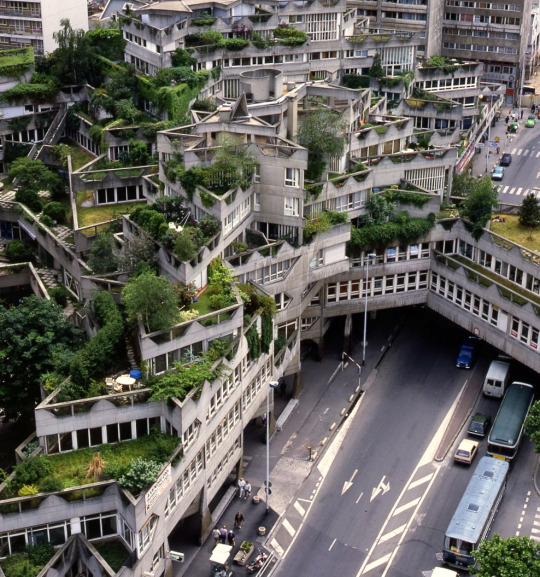
Les Étoiles d’Ivry, Renée Gailhoustet and Jean Renaudie, 1975
THE HUNGER GAMES: MOCKINGJAY PART II (2015)
This site was the second Parisian housing complex to feature in the film, with Ricardo Bofill's Espaces Abraxas playing a larger role. None of the architects responsible would have envisaged their work as it was cast here: as residences for a facist elite. On the contrary, both projects provided social housing, and sought, in their own way, to redefine what that type of building could be architecturally. Bofill hoped to elevate the lives of residents by transplanting a language of perceived grandeur, monumentality and luxury into the arena of low income residences. And Gailhoustet and Jean Renaudie wanted to break free of the bland monotony of characterless, cookie cutter units which often characterised social housing. Photo (cropped) by Robert Doisneau
#Les Étoiles d’Ivry#Renée Gailhoustet#Jean Renaudie#brutalism#architecture#eco brutalism#the hunger games#paris#social housing
157 notes
·
View notes
Text
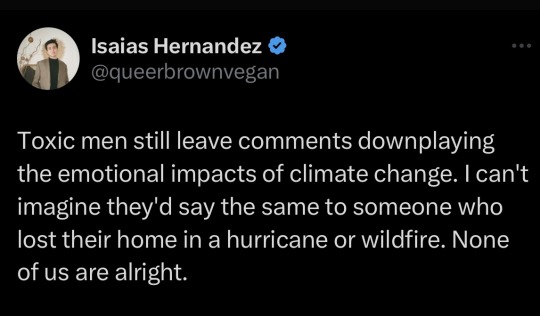
None of us are alright and the idea that climate anxiety is a sign of weakness disregards our most basic sense of empathy.
qbv
#queerbrownvegan#sustainability#climate change#environmentalism#social justice#environment#climate crisis#environmental justice#activism#intersectional environmentalism#mental health#climate anxiety#eco anxiety
56 notes
·
View notes
Text
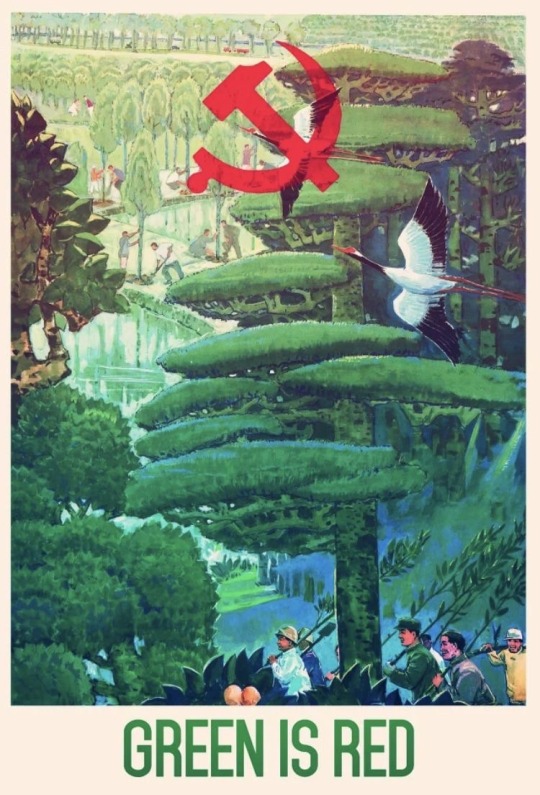
31 notes
·
View notes
Text
your anger will run out eventually,

after all, your kind can only run so hot.
+ some other doodles/wips i didn't finish
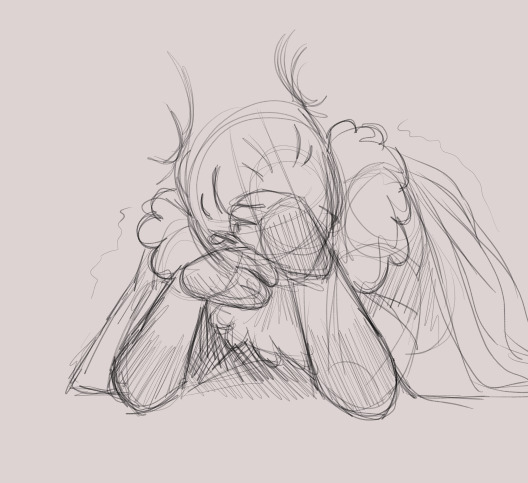
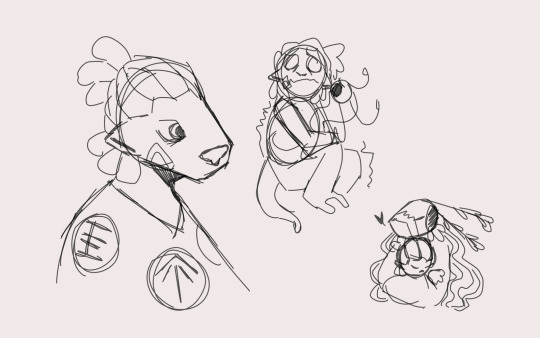
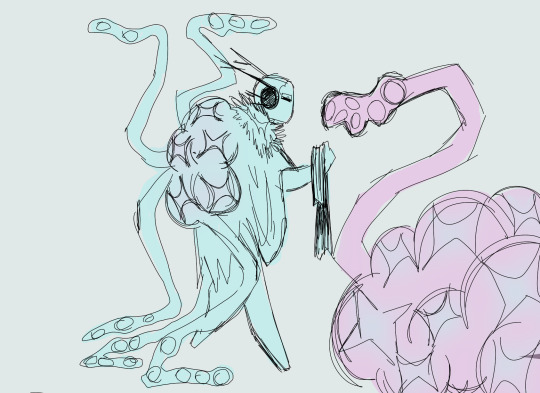

#i've got somewhere to be in like 3 ish hours#i love socializing with people i like#rain world#rain world iterator#rain world ancients#iterator oc#ancient oc#rw iterator#rw ancients#oc: blank slate#oc: whispering waters#oc: icarus#oc: eco#[kai's radical art tag]
36 notes
·
View notes
Text
umberto eco is a smart guy but everytime he talks about communism he turns into hnnah arendt its pretty annoying
#he said socialism realism and nazi art were basically the same thing and didnt constitute art for being too propagandistic#but like if we get rid of any art that counts as political propaganda we have to get rid of a good ammount of the cultural canon#eco would probably say oh but works that arent fully propagandistic are fine. ok how do we define whether a work is too propagandistic
17 notes
·
View notes
Text
Replies won't let me type the full response so here
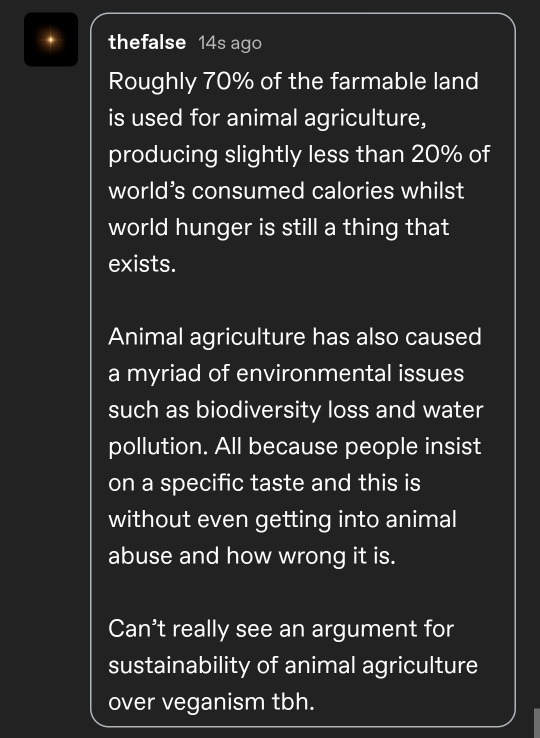
@thefalse first of all, there's more to meat/dairy consumption than "it tastes good". There are health issues that necessitate eating meat and animal products, and they provide vital vitamins, minerals, and proteins. Your body will specifically even give you cravings for food high in these nutrients when you're in need. Secondly humans are omnivores, our healthiest diets consist of meat AND plant. Livestock also consumes a huge percentage of food waste that humans, including vegans, can't or won't eat. This can be "ugly" food, food too close to expiration, food you can't keep overnight like baked goods. 30% of the diet of that pork chop that I had last Tuesday was food people threw away. Only 36% of food (by calorie) grown globally is eaten by livestock, 55% makes it onto the plate of a human. 9% goes to biofuels.
If you're as worried about resource scarcity as you claim maybe start trying for renewable resources??? The problem isn't "oh wow animals are so bad for the environment", the problem is "companies and corporations are doing bad things for more money and they're only getting worse." You can stop eating milk and honey all you want, but that's not doing literally anything towards what you claim to be advocating for. We can develop new ways to farm that are sustainable and renewable but we can't unfuck the environment with a simple "just don't buy meat lol". It's infinitely more complex than that.
Did you know it's illegal to harvest seeds you got from a tomato at your local Walmart and cultivate them for yourself? That is assuming the plant hasn't been rendered sterile to enforce reliance on whatever company sells the seeds. I personally think that's a bit more fucked up than having a grilled cheese every so often.
Also no one is arguing animal abuse is good, but it's pretty common knowledge that if you abuse your livestock, it reflects negatively in the product. Put simply: animals that are abused then slaughtered for meat make shitty meat. Is there some sketchy shit happening in factory farming? Abso-fucking-lutely. Many livestock animals live on the bare minimum. I absolutely think that livestock should have good lives. Obviously not every cow and pig and chicken can be raised with the same quality of life as a champion show poodle, but they absolutely deserve a nice pasture and good scratch and a warm, comfortable shelter.
You know who provides these things? Local farmers or even just hobbyists. I have several family friends that raise chickens, and we get more eggs than we could ever hope to reasonably eat as a family of four. If you don't eat the egg, toss it back to the chicken! She will happily eat her eggs because they're nutritional and make a damn fine meal. My family also has connections to a family owned cattle farm, and we split a cow up the middle every year, and did for almost 20 years before the owner got cancer and stopped selling beef to focus on his health, and it was damn good beef too. Pigs aren't prominent in my area, but I'm sure I could find one semi-locally. My DM keeps bees and my family went from basically never using honey to buying it by the pint. I think the only thing that my family buys from the store that we couldn't get anywhere else is milk and cheese because pasteurization and cheese making is a huge expensive process that isn't really reasonable to maintain for just a small family.
Ultimately the argument of "but animal abuse" boils down to factory farming, but the solution then becomes just don't buy meat and other products from factory farms.
#baph bleats#i think this is technically eco-socialism?#anti vegan#for the record despite holding beliefs that align with eco-socialism i do not consider myself a socialist#idfk what system is best but i dont believe its capitalism or communism#i think democratic socialism is probably the best bet but it has flaws roo#*too#numbers from NatGeo#and yes i realize popsci mags arent the end-all of sources but its better than most vegans provide (nothing)
95 notes
·
View notes
Text

There is no justice in racist system! There never has been and there never will be justice, in a system that has been set up to marginalize others. We will never be free until we either completely reform the system or abolish it.
8 notes
·
View notes
Text


#feminist#feminism#social justice#free palestine#freepalastine🇵🇸#palestine#free gaza#free west bank#west bank#american imperialism#western imperialism#end the genocide#end the occupation#imperialism#colonial violence#current events#eco terrorism#settler violence#settler colonialism
8K notes
·
View notes